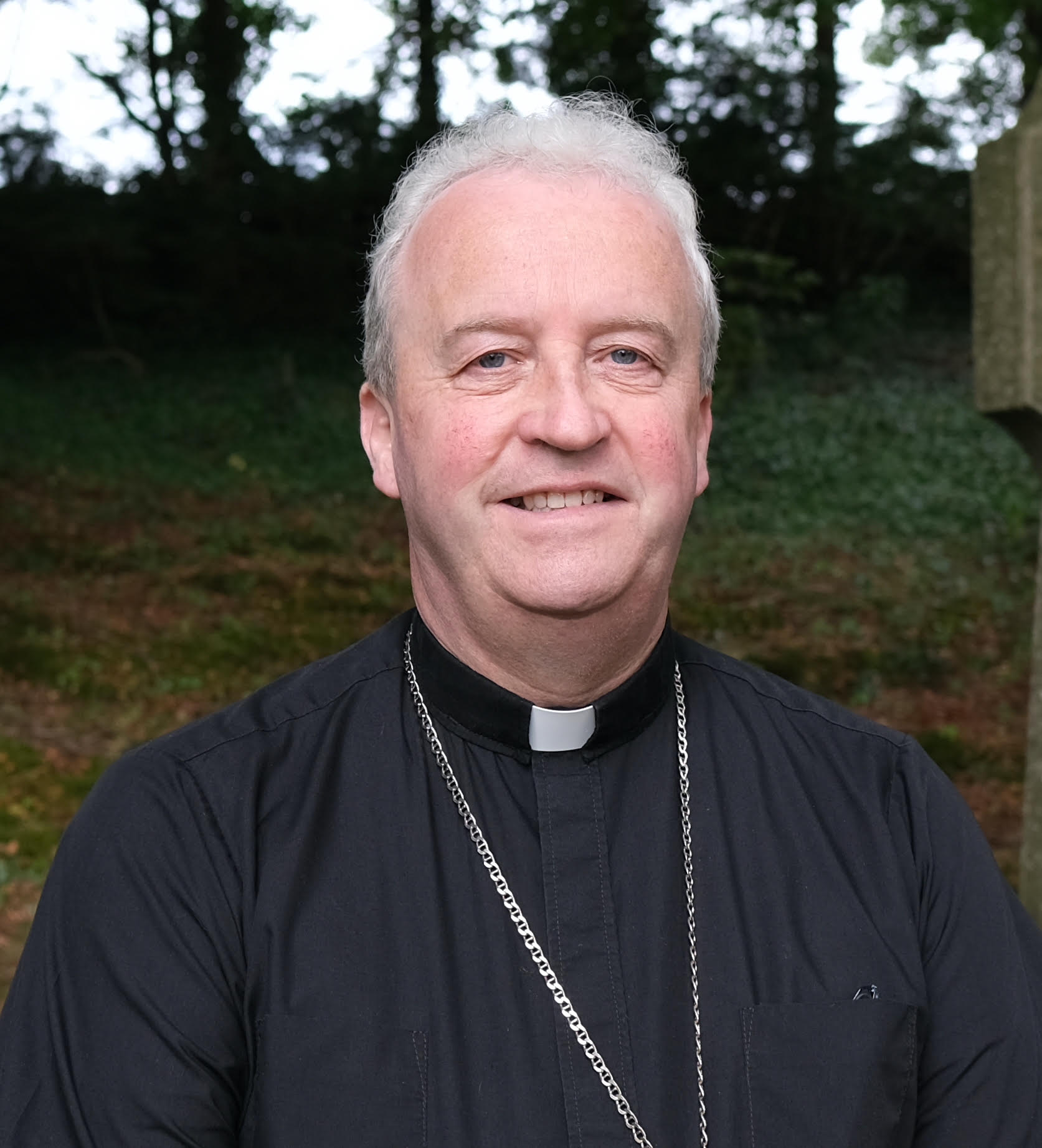
Caption Bishop Michael Router, Auxiliary Bishop of the Archdiocese of Armagh (Catholic Communications Office archive)
- I welcome Pope Francis’ message for the 2025 World Day of the Sick: Hope Does Not Disappoint but Strengthens Us in Times of Trial
- Upholding the dignity and rights of each person is essential in healthcare. This unfortunately, has been eroded in Ireland over the past decade with the introduction of a liberal abortion regime that has led to the deaths of over 30,000 children in the womb.
- Increasing funding and capacity in the delivery of palliative care is the only compassionate and ethical way to approach end-of-life care
Statement
As Chair of the Irish Bishops’ Conference Council for Healthcare I welcome the message of Pope Francis for the 33rd World Day of the Sick, which we celebrate this Tuesday, 11 February, on the Feast of Our Lady of Lourdes. His message is framed in the context of this Jubilee Year of Hope, and it reminds us that even in suffering, we are called to be “pilgrims of hope.” Pope Francis encourages us to find strength, through our faith, in times of illness and distress, and to embrace the call to see suffering not as a cross to bear alone but as an opportunity to encounter God, to receive His gifts, and to share His love with others. It is important to acknowledge, though, that while Pope Francis’ call to us to recognise God’s closeness in suffering through encounter, gift, and sharing, is comforting, it is also very challenging.
The view that suffering can be an occasion for an encounter with God speaks to our belief that in our weakness, God’s strength is revealed. When Jesus sent His disciples to proclaim the kingdom of God to the sick, He was not merely offering words of consolation but an invitation to recognise His presence even in suffering. Illness can quickly remove the cloak of self-sufficiency that we can wrap ourselves in and reveals our need for God, for the depth of His compassion and for the healing power of His love. Pope Francis draws attention to the words of Saint Paul in the letter to the Romans (8:38-39) that nothing “will be able to separate us from the love of God”. This assurance is a gift from God that deepens our hope because it is a gift that sustains us, even when all else seems uncertain. Christ walks with us every step of the way offering his presence in the Word, in the sacraments of the Church, and through the support of the faith community.
The message of Pope Francis also calls us to recognise the power of sharing our own presence with those who are suffering. The presence of caregivers, medical professionals, family members, or friends, is a tangible expression of God’s love for those who are sick. The smallest acts of kindness become beacons of hope that illuminate even the darkest moments. In these shared experiences, we discover that suffering is not an isolated journey but one that unites us in faith, love, and solidarity.
Implicit in this call is the need for us to continually advocate for a healthcare system that never loses sight of the dignity of the person from conception to natural death. Sometimes healthcare becomes overly concerned with economics and with scientific advancements and doesn’t see the person beyond the patient. For true and holistic healing to take place the importance of faith, family and community, must be factored into the care of the sick.
Considering this I welcome the inclusion of proposals in the new programme for government that, if implemented, could begin to create a more equitable healthcare system for all. Such proposals include the full implementation of national mental health policies, the reduction of waiting times to within 10-12 weeks, and an increase in hospital and ICU bed capacity. These remain aspirations, however, and the experience of delivery in the past is not good. The saga of the National Children’s Hospital is a case in point.
Upholding the dignity and rights of each person is essential in healthcare. This unfortunately, has been eroded in Ireland over the past decade with the introduction of a liberal abortion regime that has led to the deaths of over 30,000 children in the womb. The last Dáil began exploring the possibility of introducing assisted suicide in Ireland, a move that would fly in the face of the underlying principle of medical intervention – ‘Do no harm’. Increasing funding and capacity in the delivery of palliative care is the only compassionate and ethical way to approach end-of-life issues. Alongside palliative care the expansion of pastoral care services should be supported in all healthcare facilities across the country. Such services look after the spiritual needs of people who are sick or suffering and are essential to the well-being of so many people.
As we celebrate this World Day of the Sick, we are called to reflect on the challenge of Pope Francis to find hope in suffering. We are reminded that even in our weakest moments, we are not alone. God is near, offering His strength, His gifts, and His people to walk with us. May we, in turn, resolve to become instruments of His hope and comfort, bringing light, in any way we can, to those who need it most.
+ Bishop Michael Router
Auxiliary Bishop of the Archdiocese of Armagh and chairman of the Council for Healthcare of the Irish Catholic Bishops’ Conference




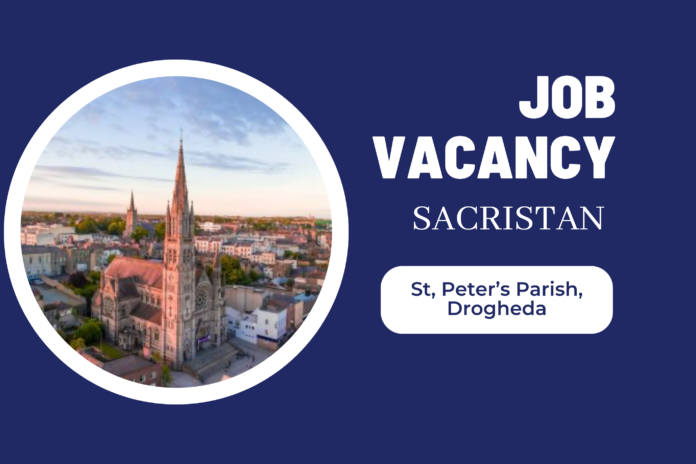
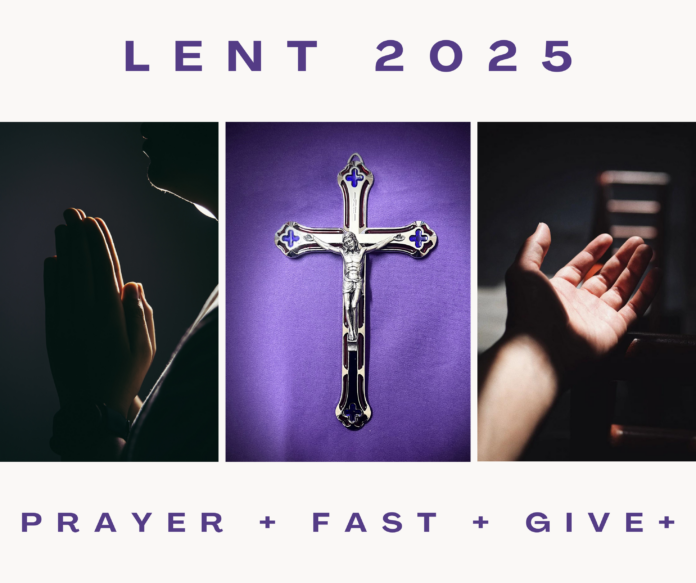
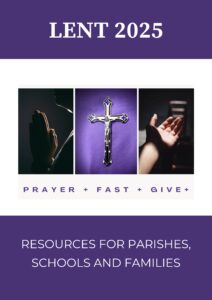 As we begin our journey through the season of Lent, we are invited to reflect, pray, and renew our hearts in preparation for Easter. To support this time of spiritual reflection and growth, the Archdiocesan pastoral team has developed a set of resources designed for parishes, schools, and families. The resources centres on the Gospel reading from Ash Wednesday and the five Sunday’s of Lent, providing practical suggestions for how parishes, families and schools can engage in Lenten reflection that deepens faith through prayer, reflection, and action.
As we begin our journey through the season of Lent, we are invited to reflect, pray, and renew our hearts in preparation for Easter. To support this time of spiritual reflection and growth, the Archdiocesan pastoral team has developed a set of resources designed for parishes, schools, and families. The resources centres on the Gospel reading from Ash Wednesday and the five Sunday’s of Lent, providing practical suggestions for how parishes, families and schools can engage in Lenten reflection that deepens faith through prayer, reflection, and action.
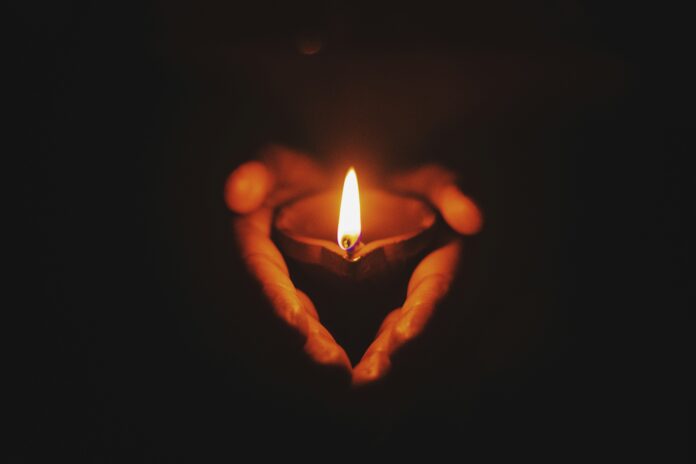
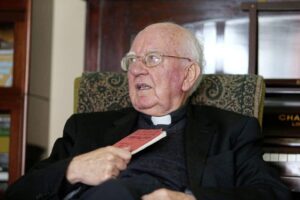







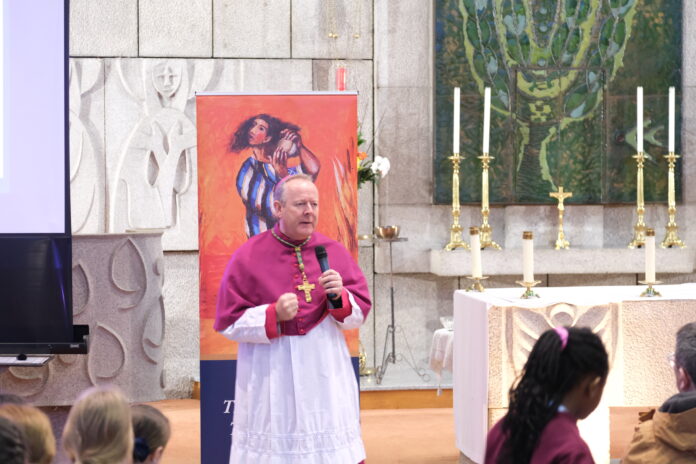
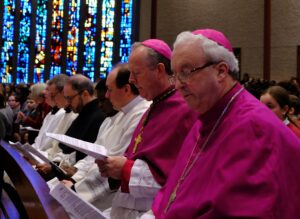
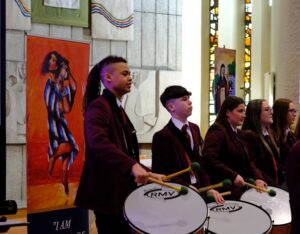
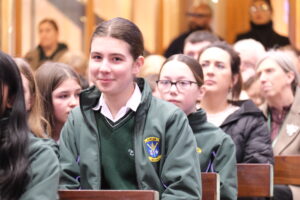
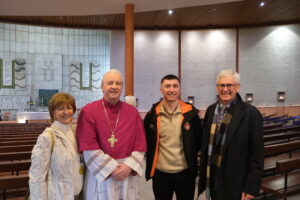
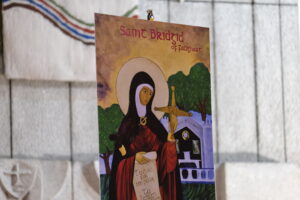
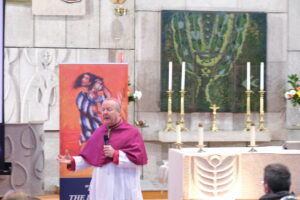

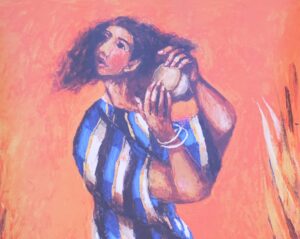
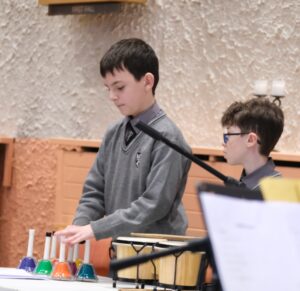
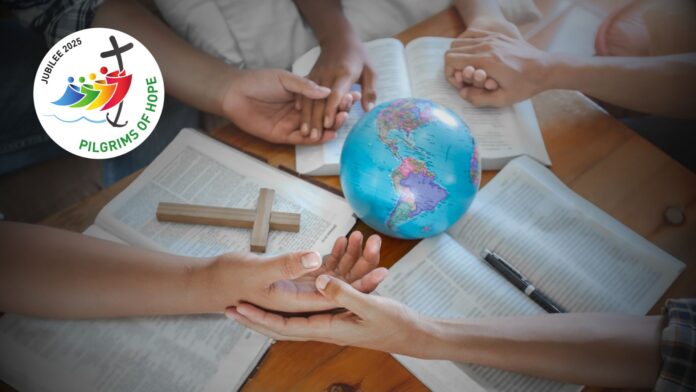
 As we enter the Week of Prayer for Christian Unity (18–25 January 2025), we are reminded of the question posed by Jesus to Martha in John 11:26: “Do you believe this?” This question, rooted in love and invitation, calls us to reflect ourselves on our shared faith as Christians and the ways in which belief shapes each of our lives and relationships.
As we enter the Week of Prayer for Christian Unity (18–25 January 2025), we are reminded of the question posed by Jesus to Martha in John 11:26: “Do you believe this?” This question, rooted in love and invitation, calls us to reflect ourselves on our shared faith as Christians and the ways in which belief shapes each of our lives and relationships.